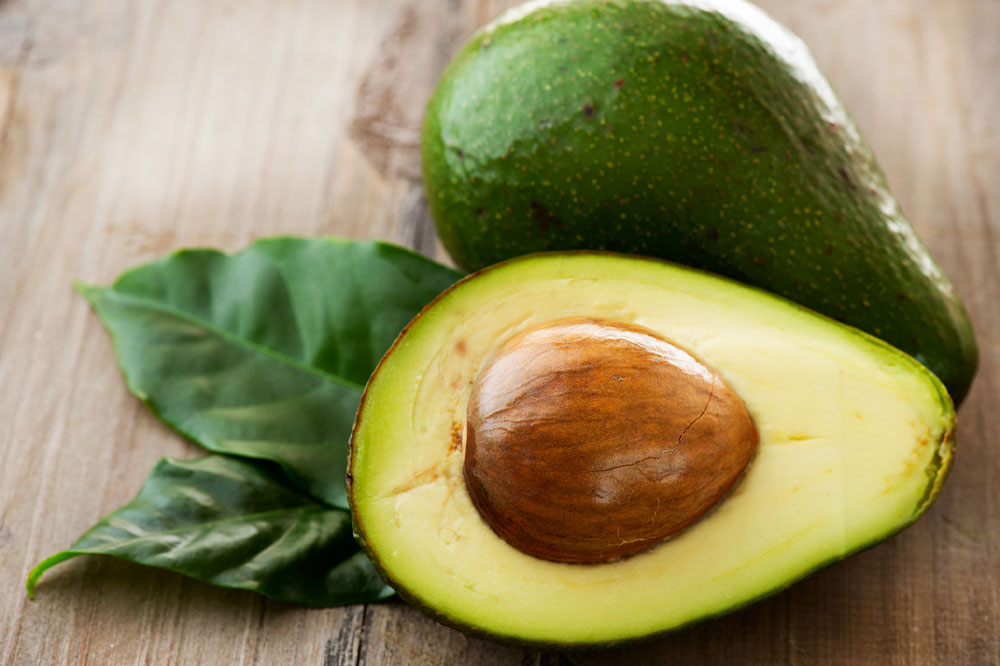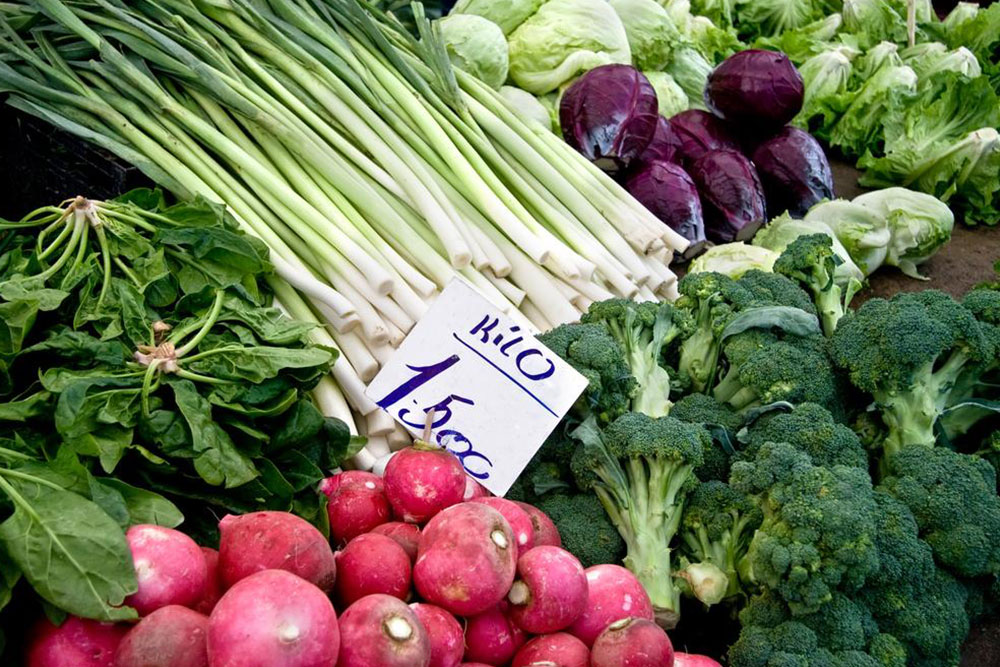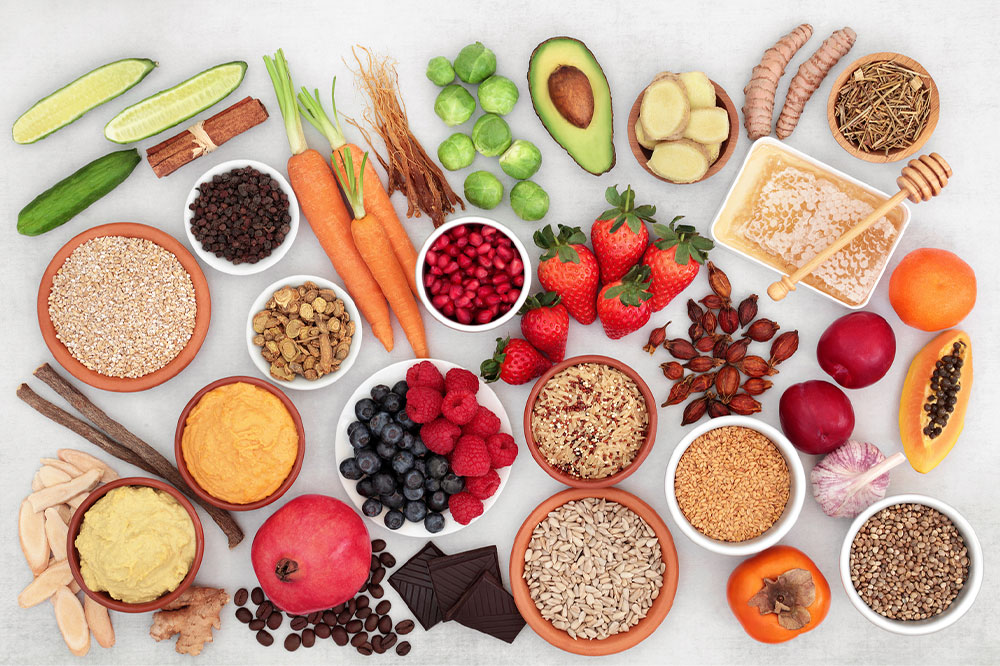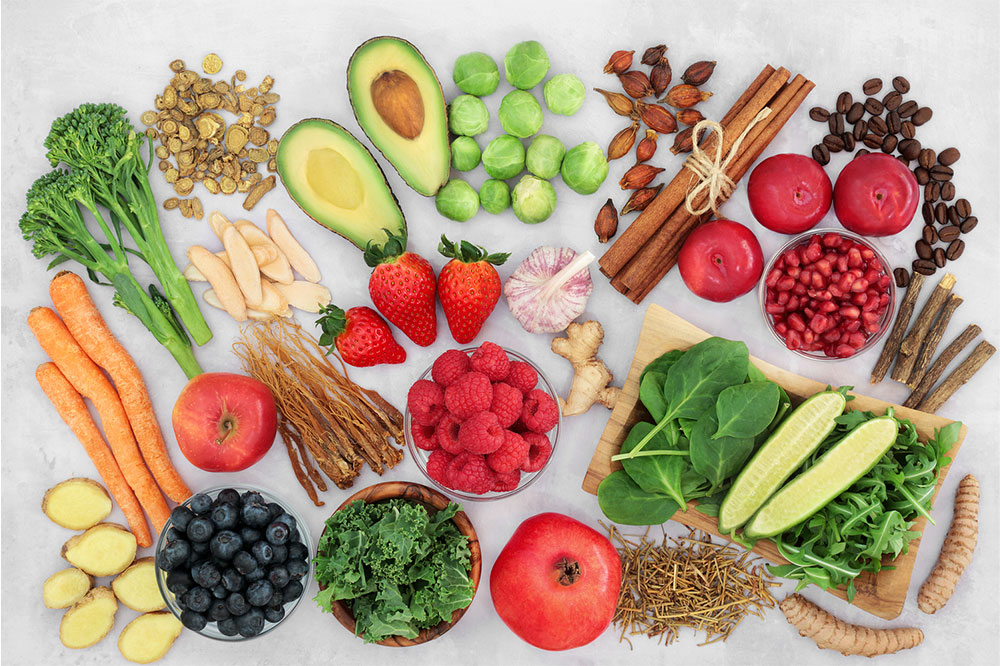Nutritional Strategies to Support Asthma Control
This article explores how a balanced diet incorporating fruits, vegetables, vitamin D-rich foods, and anti-inflammatory spices can aid in managing asthma symptoms naturally. Emphasizing the role of proper nutrition, it offers practical tips to reduce attacks and improve respiratory health for asthma sufferers.
Sponsored
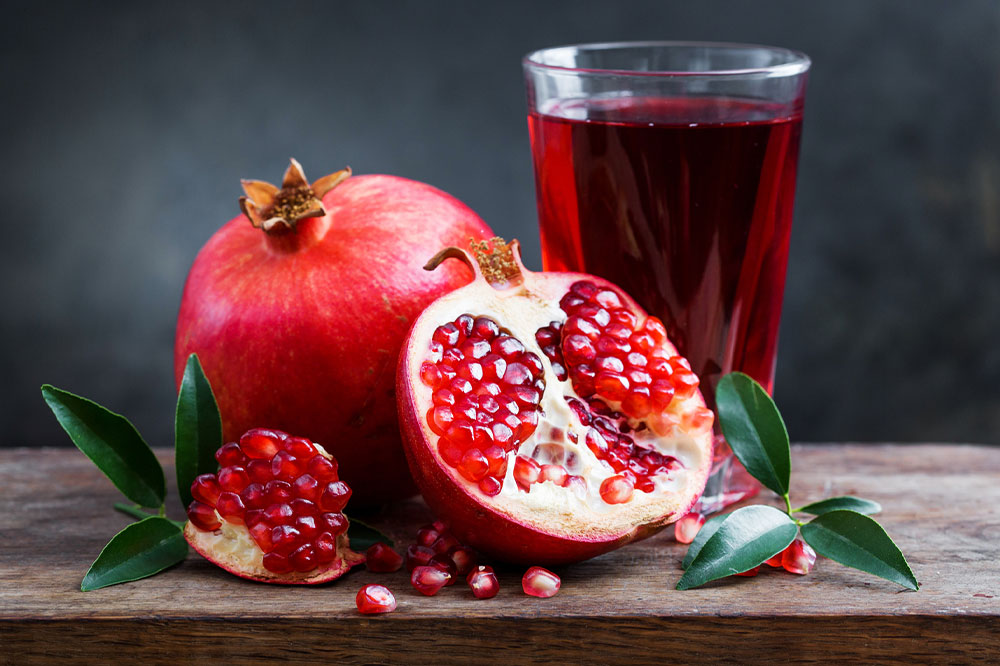
Key Nutritional Tips for Managing Asthma Symptoms
Asthma is a chronic respiratory ailment marked by breathing difficulties, wheezing, and chest tightness. While there’s no cure, proper medication and nutrition can significantly enhance quality of life. A healthy diet helps reduce attack frequency and severity. This article highlights foods that naturally assist in controlling asthma symptoms.
Fruits and Vegetables
Consuming fruits and vegetables provides vital vitamins and minerals. Vitamin A-rich greens such as kale, spinach, and broccoli improve lung health. Magnesium-rich leafy greens like Swiss chard support respiratory function. Carrots and sweet potatoes contain beta carotene, which is beneficial. Fruits like apples and oranges, abundant in Vitamin C and E, combat lung inflammation. Bananas offer potassium and antioxidants that help soothe wheezing.
Vitamin D is essential in reducing asthma risk, especially among children aged 6-15. Besides sunlight, foods like salmon, eggs, fortified milk, and orange juice are excellent sources. Fortified cereals and bread can also boost immunity. Salmon provides omega-3 fatty acids which help lower airway inflammation.
Roots and spices like ginger, garlic, and turmeric have anti-inflammatory properties. Ginger, in particular, soothes respiratory discomfort when ingested or mixed with warm water and honey. Garlic helps clear lung congestion, while turmeric’s curcumin reduces airway inflammation. Adequate hydration is equally important, as water relieves mucus buildup and supports optimal lung function.


